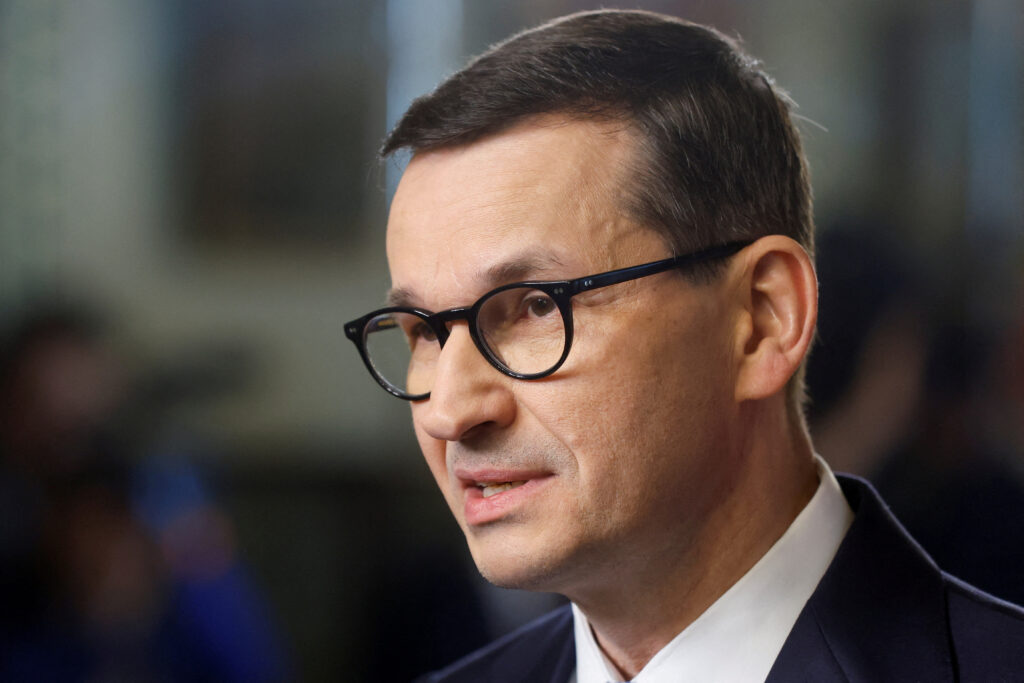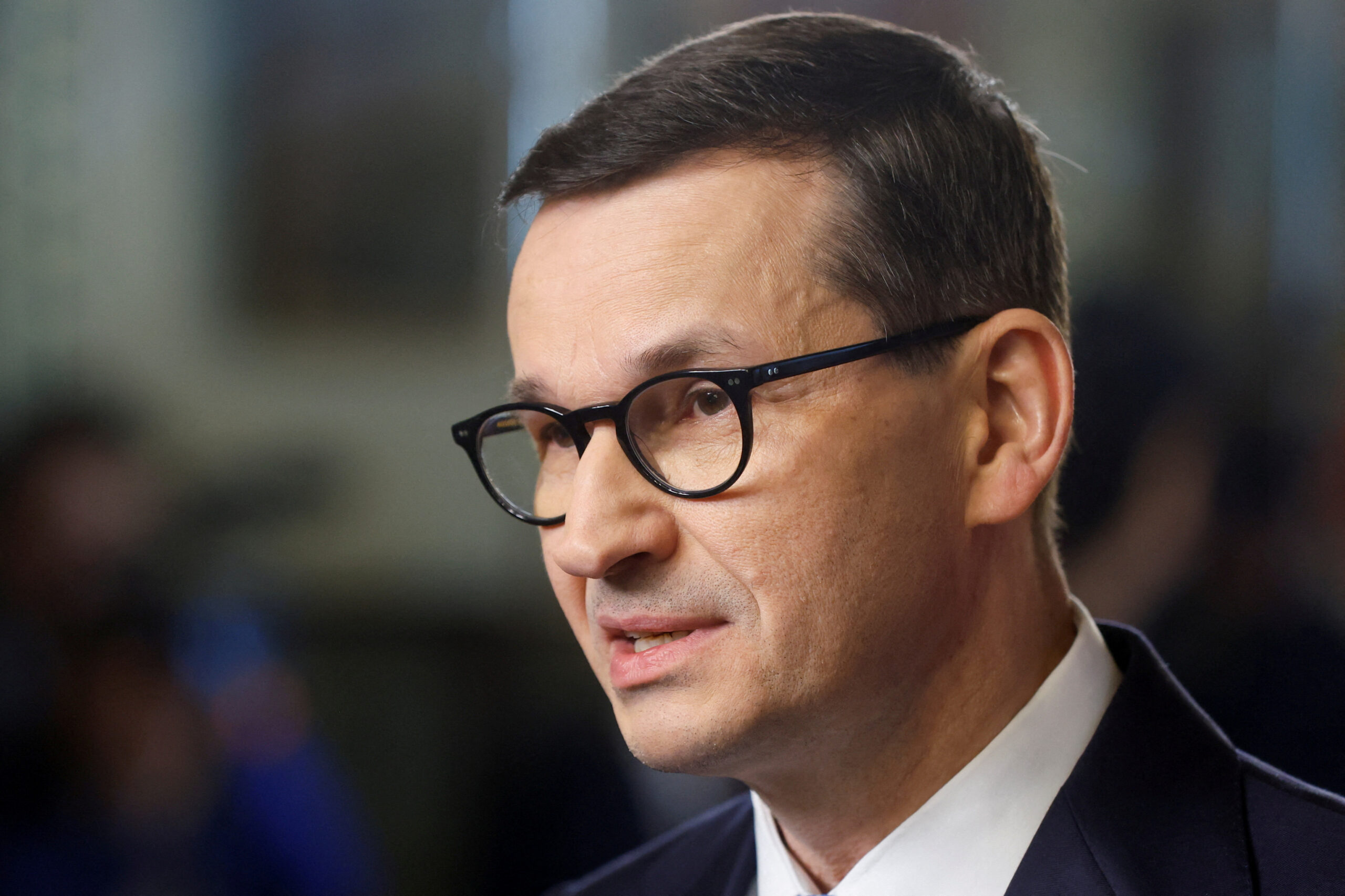
WARSAW (Reuters) – European Union measures to help farmers affected by a glut of Ukrainian food imports are too little too late, the Polish prime minister said on Friday, after the government approved 10 billion zlotys (E43.2 billion) in aid for Polish agriculture.
Central European countries are trying to thrash out a deal with Brussels on EU-wide measures to help agriculture after some of them unilaterally introduced import bans on Ukrainian food products.
“What the EU is offering us is offered with a delay, it is too little, a drop in the ocean of needs,” Mateusz Morawiecki told a news conference.
Read More: Oil prices at a three-week low as a strong dollar, rate hikes weigh
Several central European countries became transit routes for Ukrainian grain that could not be exported through the country’s Black Sea ports because of Russia’s invasion in February 2022.
Bottlenecks then trapped millions of tons of grains in countries bordering Ukraine, forcing local farmers to compete with an influx of cheap Ukrainian imports.
The European Commission has offered 100 million euros of aid for central European farmers in addition to an earlier 56-million-euro package.
Read More: European Commission avails opportunities for African institutions
It has also said it will take emergency “preventive measures” for wheat, maize, sunflower seeds and rape seed, but the central European states want this list to be widened to include products including honey and some meats.
On Friday, the Polish government approved measures including increasing the amount of excise duty farmers can have refunded on diesel to 1.46 zlotys from 1.20 zlotys.
Morawiecki said the government would also ask the European Commission to give it permission to raise the amount that can be refunded to 2 zlotys. It will also pay subsidies to ensure farmers get a minimum price of 1,400 zlotys per ton of wheat.






